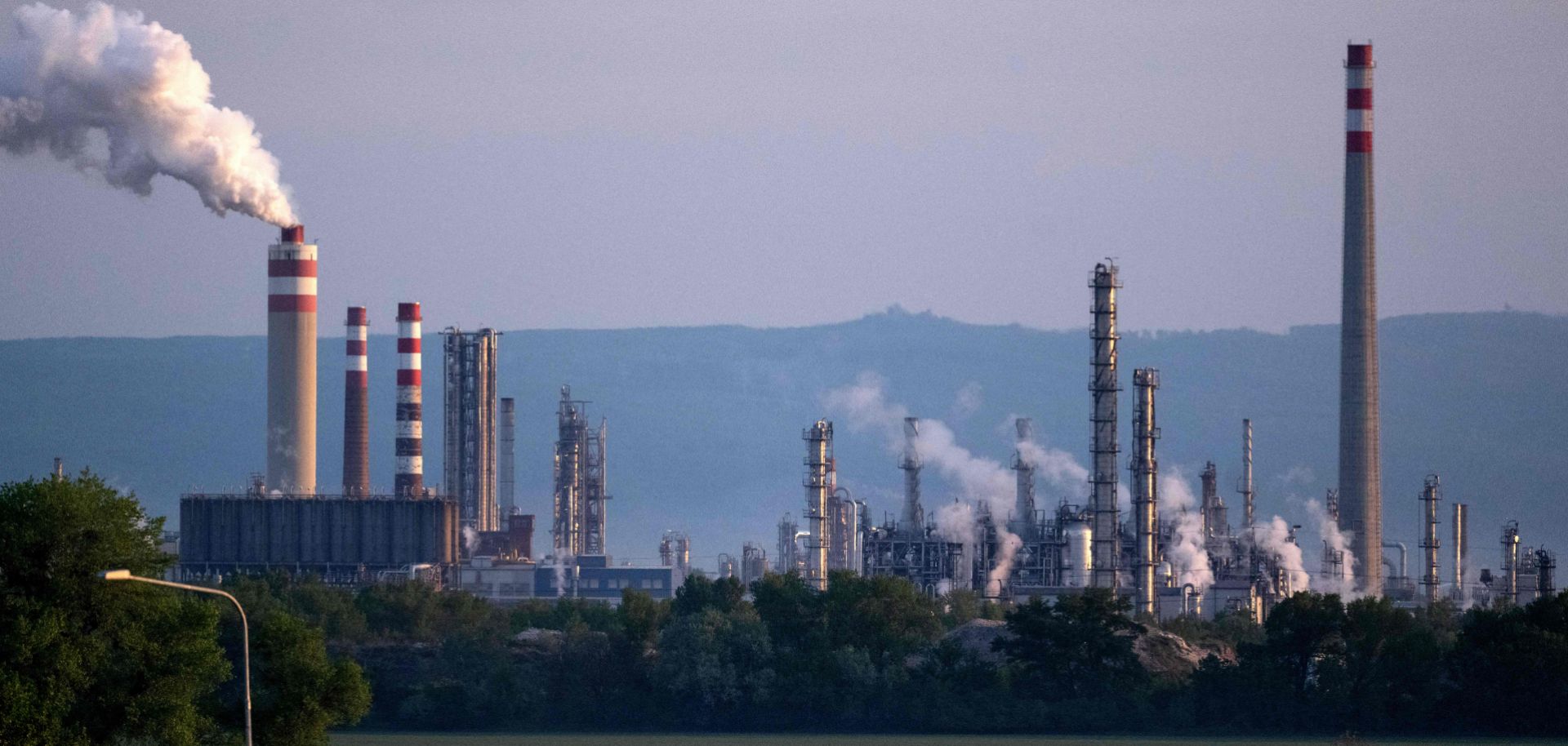While EU member states will have time to adapt to sanctions on Russian oil, the decision could further slow down economic activity across the bloc if energy prices surge or Russia cuts off natural gas supplies in retaliation. On May 4, European Commission President Ursula Von der Leyen unveiled proposals for the bloc's sixth package of sanctions against Russia, which include phasing out imports of Russian crude oil within six months and refined oil products by the end of the year. Von der Leyen said it will ''be a complete import ban on all Russian oil, seaborne and pipeline, crude and refined,'' and will happen ''in an orderly fashion, in a way that allows us and our partners to secure alternative supply routes and minimizes the impact on global markets.'' Notably, Brussels also wants to ban European companies from providing services (ranging from shipping to insurance) connected to the movement...

